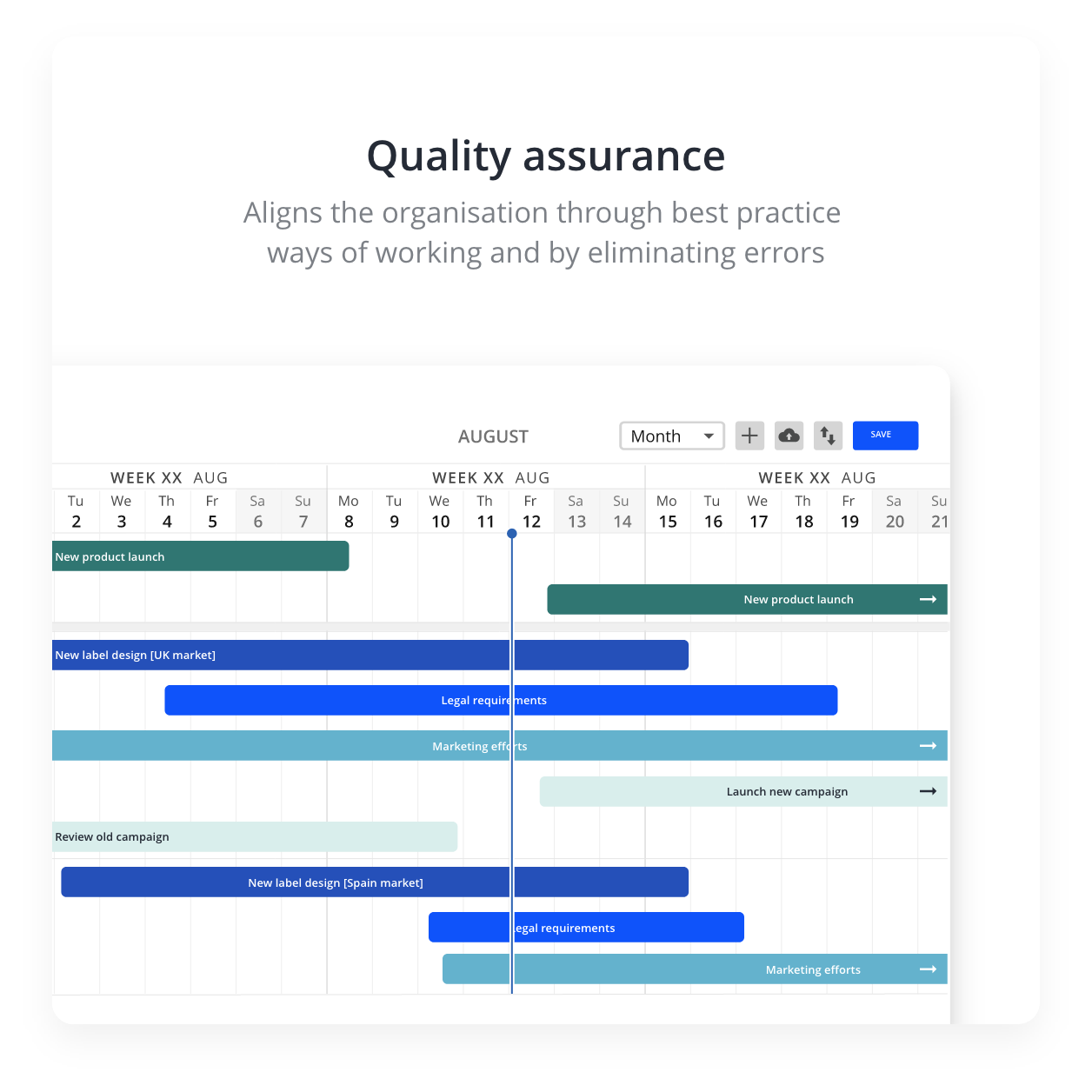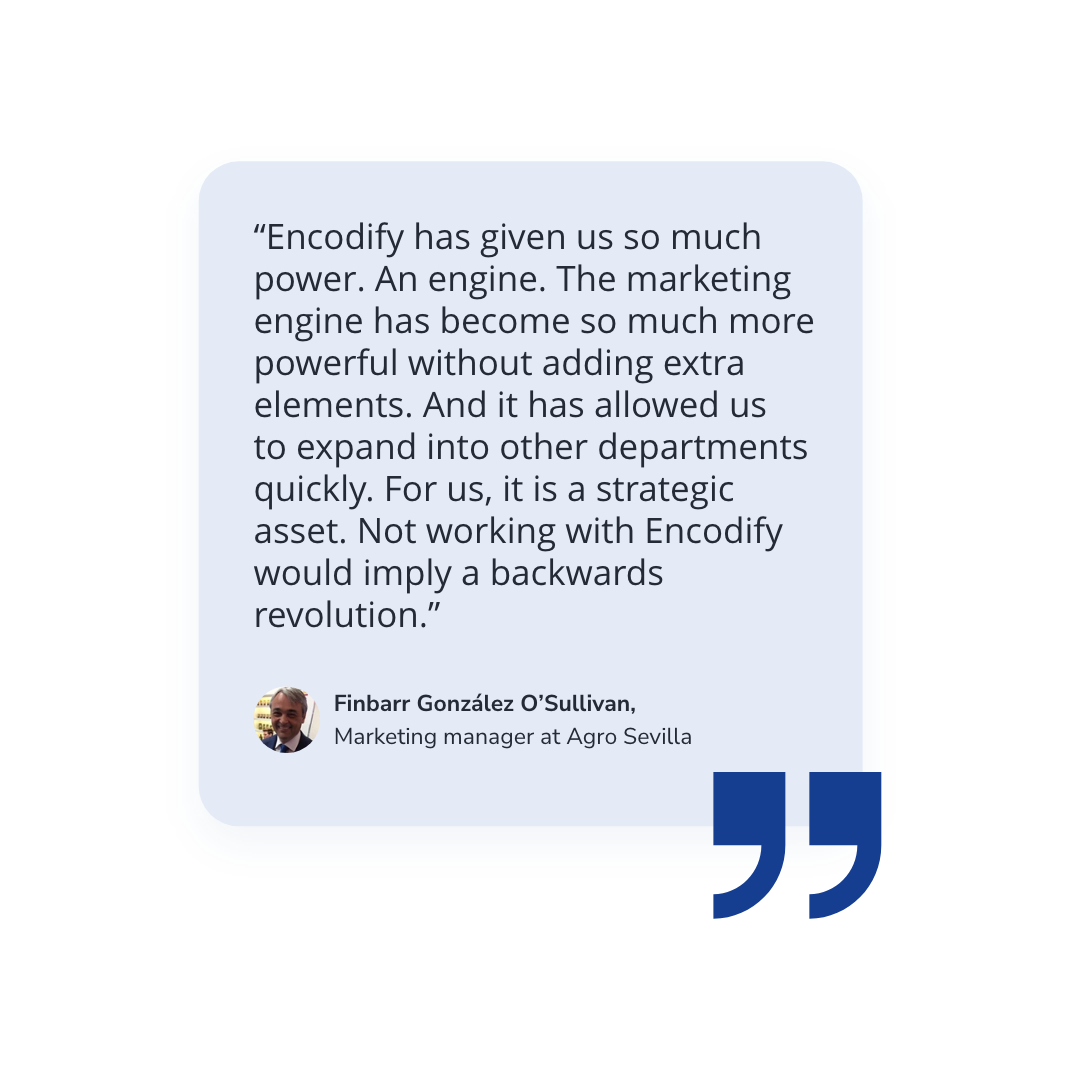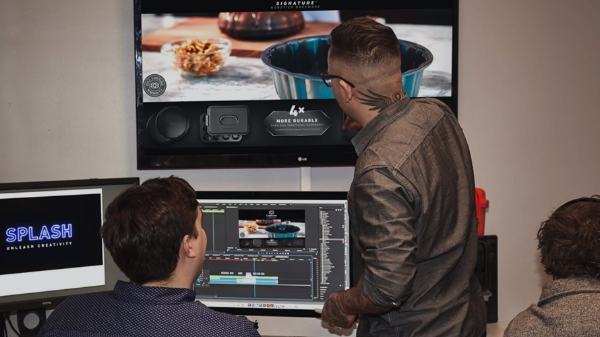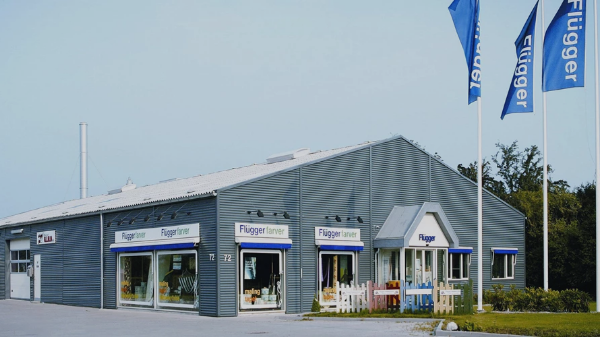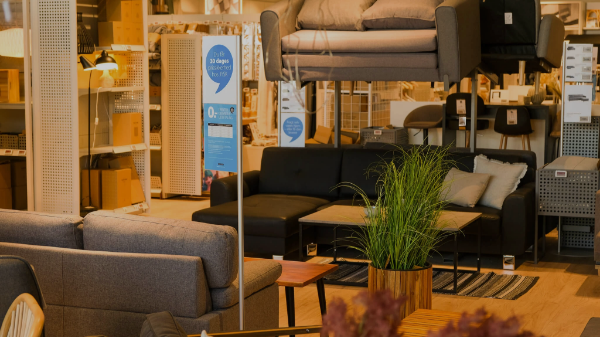Cut up to 70% of your packaging time!
Fed up with inefficient product packaging development? Let us help! Benchmark your process against best practices or accelerate it, saving up to 70% of execution time from idea to printer! Say goodbye to delays, and hello to faster packaging development. Partner with us today!
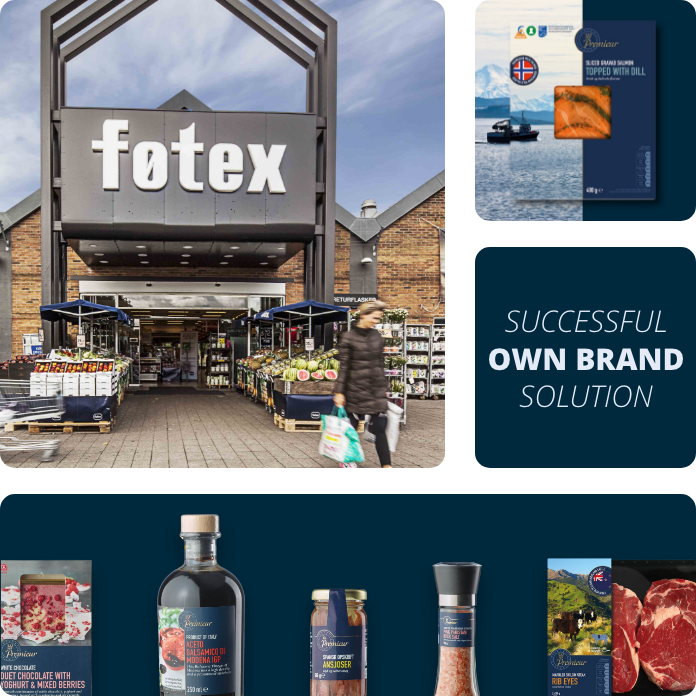

It's ok to be a control freak
Well-designed workflows with all product data integrated will give you the control that you dream of.







Need for speed
The traditional way to handle volume and complexity is to add more hands. In our experience, adding more people can lead to confusion and increase the need for more communication and coordination. Instead, we suggest empowering the organisation to be aligned through best practices and automation.





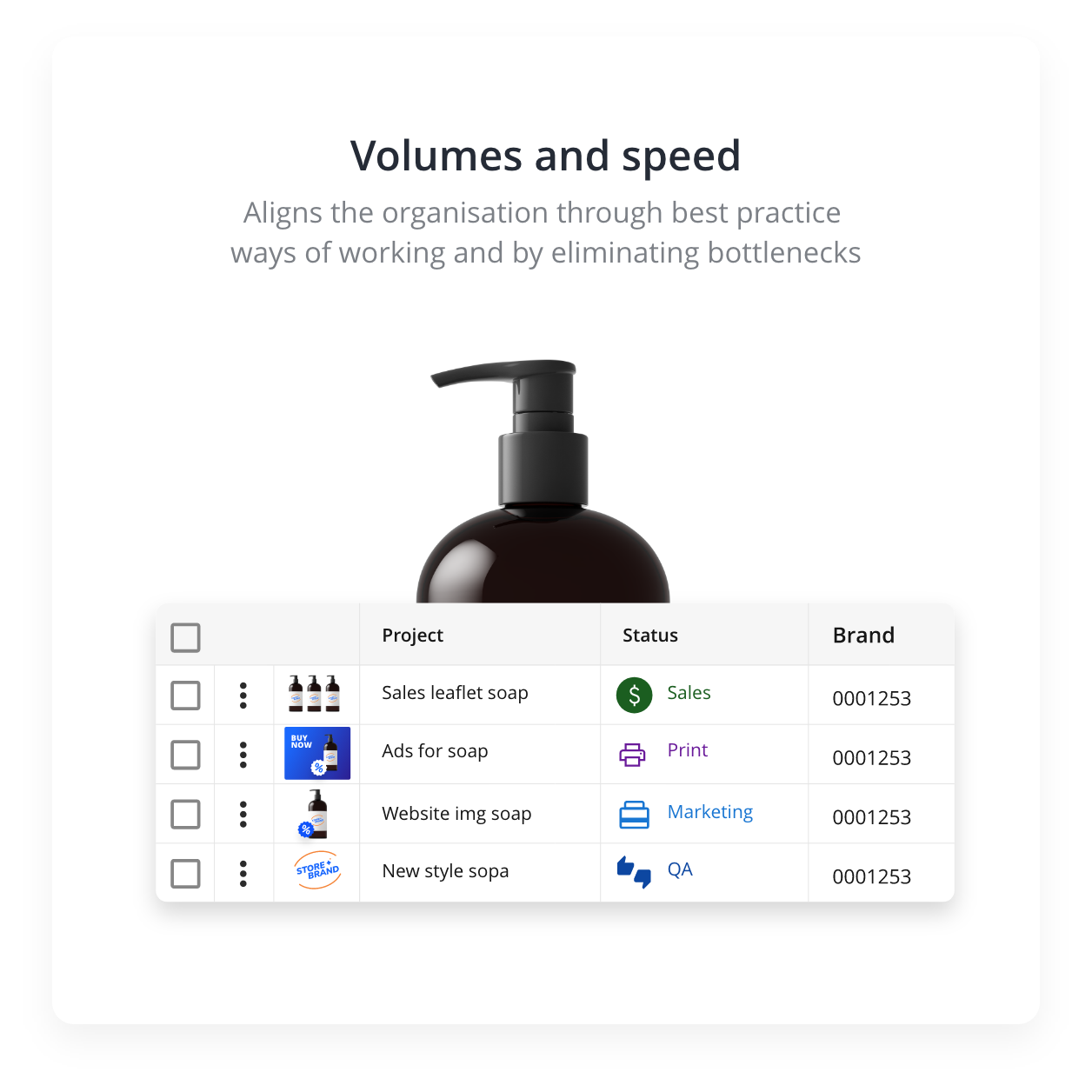
Quality is all about precision
Retail is detail. And when it comes to your own brands there’s an even greater responsibility and need for quality control. We help you get it right. The first time. Every time.




